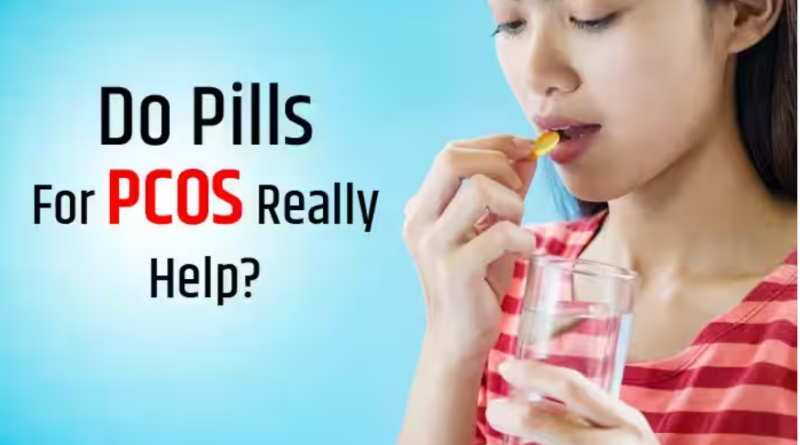Do All PCOS Women Require Medication? Here’s The Truth 2023
PCOS is a chronic endocrinological disorder that impacts your reproductive, metabolic, and mental health. But, it may be handled with knowledge, early diagnosis of symptoms, and the right direction. Lifestyle adjustment, dietary modifications, and exercise are the first line of defense and the most successful long-term remedy, but some women may also require medication care.
Do all PCOS patients require medication?
The short answer is no. Based on the woman’s symptoms, medical history, and co-morbidities, a doctor can determine whether or not she need medication. Oral contraceptives or birth control tablets, metformin (insulin-sensitizing medicine), and sometimes nutraceuticals such as myoinositol supplement are regularly recommended pharmaceuticals. Some women with PCOS who are unable to conceive naturally despite adopting lifestyle changes may be offered ovulation-stimulating medications to induce ovulation and enhance the likelihood of pregnancy.
Medicine is not a negative thing.
There is a common misconception that using medication to control PCOS is a sign of failure. One of the reasons why women are hesitant to take medicine is that they want to handle it themselves or “naturally.” But, in PCOS, correcting the underlying hormonal imbalance may need more than simply lifestyle modifications. Medication can actually buy you time to make lifestyle adjustments, lose weight, and adopt a healthy habit.
The majority of drugs offered for PCOS are simply temporary measures to assist normalize hormone imbalances. These medications assist the patient attain the therapeutic window, which may not occur spontaneously. Yet, using drugs is not a substitute for adopting lifestyle changes. With drugs and lifestyle adjustments, the treatment is most successful.
What are the most prevalent PCOS medications?
There is no one medication or therapy for PCOS. Medication is commonly administered to treat hormonal imbalances, which can alleviate symptoms such as irregular periods, weight gain, hirsutism, acne, and hair loss on the scalp, among others.
- In addition to preventing unintended births, oral contraceptive pills (OCPs) are useful in regulating menstrual periods and lowering male hormone levels. OCPs do not cause infertility nor do they influence the likelihood of becoming pregnant. If you discontinue usage, your ovaries should function normally if the underlying cause of PCOS has been treated.
- Metformin: Metformin is a medicine that is typically provided to diabetic patients to lower blood sugar levels by increasing the peripheral tissues’ insulin sensitivity (muscles). Metformin can decrease insulin resistance and, consequently, the generation of androgens in roughly 70 percent of women with PCOS, who have insulin resistance (male hormones). In turn, this can aid in weight loss, restore regular periods, and increase your chances of conceiving.
- High levels of androgens, or male hormones, can produce symptoms such as increased facial hair, acne, and hair loss on the scalp. Anti-androgen medications are provided to aid in lowering male hormone levels and alleviating symptoms. But, anti-androgen medications are often administered after lifestyle adjustments and a 6-month course of oral contraceptive pills have failed to provide positive results.
- Ovulation-inducing medications: Women with PCOS who have had difficulty conceiving might be offered ovulation-inducing medications. It has been demonstrated that letrozole is more successful than other drugs, such as clomiphene citrate, for treating subfertility in women with PCOS. Other drugs, including metformin and gonadotropins, can also induce ovulation.
- Medicines are an essential component of PCOS treatment, and there is nothing wrong with taking them to control your symptoms. Although not all women may require them, PCOS drugs are highly successful in treating hormonal imbalances and can help you gain control of your PCOS and manage it with more confidence.



